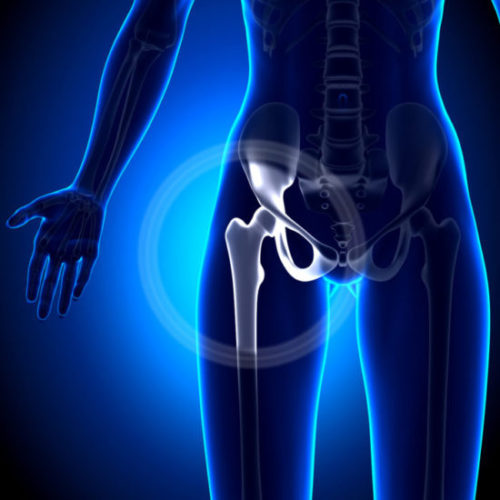Vegas Baby! : visceral mobilization

The Vagus Nerve plays an important role in your day to day activities. Its similarities to Vegas go beyond pronunciation. Next time you’re about to roll the dice or play a hand, thank your Vagus nerve for that racing heartbeat, faster breathing and butterflies in your stomach feeling. The Vagus Nerve controls the heart, lungs and intestine (visceral) function.
The Vagus nerve and intestine function compliment each other. Issues with one often lead to dysfunction with the other. It makes sense that in order to fully reduce symptoms you should treat both.
This is where visceral mobilization comes into play. It has become more popular in recent years due to its success in treatment of intestinal symptoms. For example it has been shown to be extremely beneficial for small bowel obstruction. In the past this was considered life threatening and surgery was often the only answer.
Visceral mobilization has been a useful intervention for other common intestinal issues like constipation, diarrhea and SIBO (small intestine bacterial overgrowth). These often have direct impact on the pelvic organs and pelvic floor. The pelvic floor supports all of these organs like a hammock or sling. A pelvic floor physical therapist is often an essential part of the multidisciplinary team for patients with intestinal dysfunction for this reason.
Self Help Tips
Self management is an important aspect of care. Starting a food diary and learning what food triggers symptoms is a smart first step to begin. It’s often helpful to stimulate the Vagus Nerve. Self abdominal massage, which can be taught to you by a trained physical therapist in visceral mobilization, should be done daily. It helps the natural flow of digestion and stimulates those digestive enzymes. These enzymes are important for further breaking down food particles so your body can absorb and use the nutrients.
Other easy tips to stimulate the Vagus Nerve include chewing your food properly and sitting to eat. Stressful talk at the dinner table negates the natural digestive process. Negative emotions like anger, anxiety and fear cause the fight or flight system to ramp up slowing down digestion of food.
So what is visceral mobilization?
Visceral mobilization involves mobilizing the tissues of the organs and the connective tissue that surrounds it and is interwoven with all the other organs, muscles, tendons and ligaments in the body. It is a form of manual therapy that is directed at the organs of the body in the abdominal and pelvic region. Body Harmony Physical Therapists have the knowledge and understand this relationship to restore balance to your pelvic and intestinal organs. Call us today to schedule an appointment at 212-233-9494.
Written by: Keely Faridi, PT
References:







